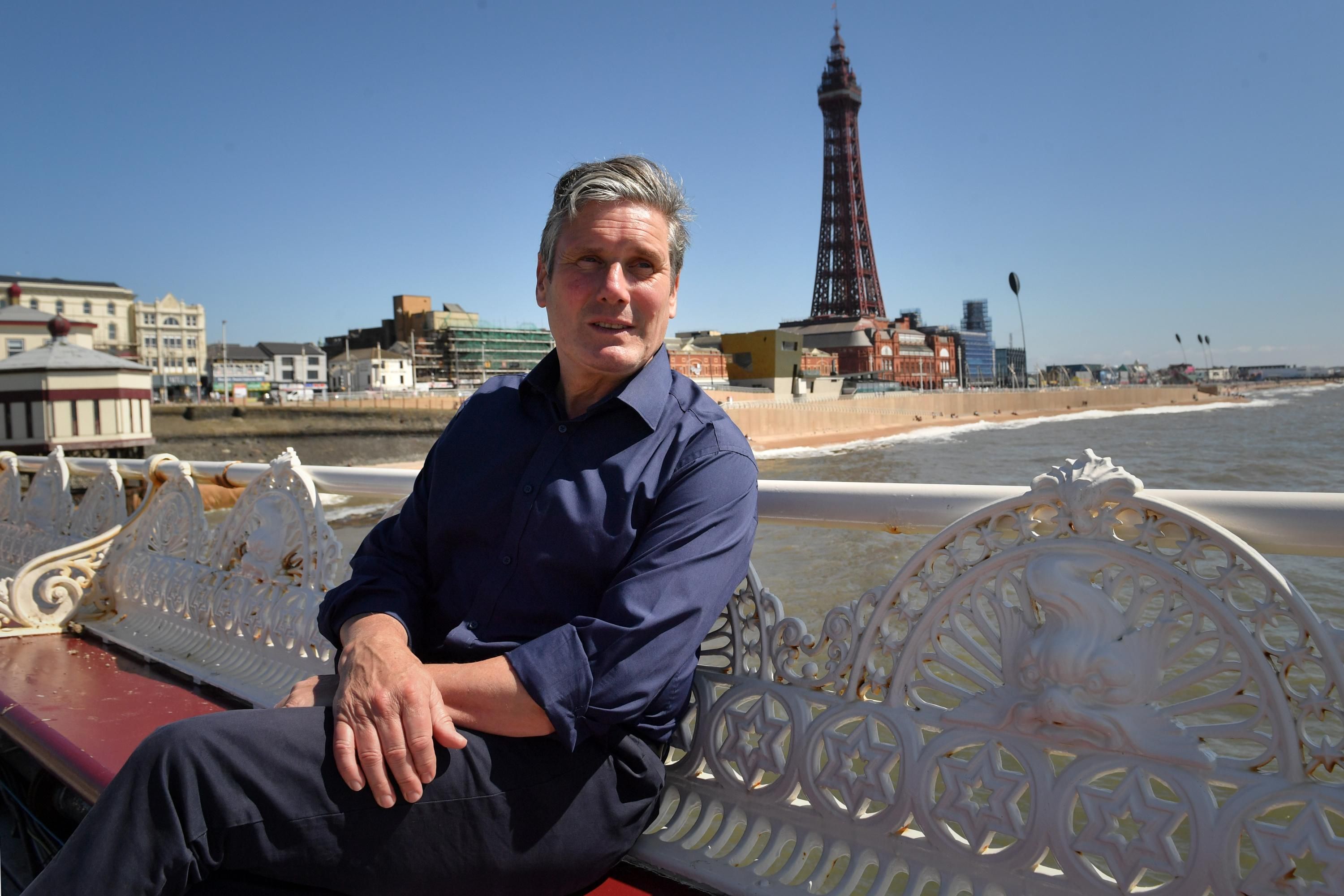
This system, which dates back to the election of Neil Kinnock as leader in 1983, was really the result of a philosophical compromise about what Labour is. Is it a parliamentary party? ( Before 1983, MPs alone had chosen the leader.) Is it a membership-led party? Or is it the political wing of an alliance of trade unions?
In the 2010 leadership election, soft-Left Ed Miliband narrowly defeated his Blairite brother David. Even though David won among members and MPs, the structure of the electoral college meant that trade union support delivered victory to Ed. Afterwards, David's backers resolved to stop this from happening in future.
To do this, they took advantage of a punch-up in the House of Commons bar in 2012, which led to the resignation of Eric Joyce, Labour MP for Falkirk West. During the process to select a new candidate in his constituency, the Labour Right kicked up a fuss about the influence of the trade union Unite, which had significant power locally as a result of a dispute over pensions at the nearby Grangemouth Oil refinery.
Unite paid for local members to join Labour, as was permitted at the time, and vote for their preferred candidate. After the row that ensued, a report commissioned by Labour recommended, among other things, that the party move to the OMOV system for leadership elections.
The Labour Right were jubilant. They believed that the supposedly left-leaning attitudes of union leaders had carried Ed Miliband to victory, and this was a distortion of ordinary members' opinions. Once empowered, they judged—not entirely unreasonably, when you consider who had remained members during the Blair and Brown years—that the membership would line up behind their preferred candidates.
Yet the opposite happened. When Ed Miliband stood down after the 2015 election, Labour—buoyed partly by hundreds of thousands of new members—elected Corbyn as leader. (A further irony is that Labour lost the supposedly 'safe' seat of Falkirk West to the SNP in the 2015 election, as part of its wipeout in Scotland: it had been too busy fiddling with internal structures to realise its century-old fortress had been burned down.)
One more tweak
In the six years since Corbyn was elected, the Right of the party has obsessed over its error. Rather than attempting to understand any of the currents which carried Corbyn to the party leadership—and, in 2017, nearly into Downing Street—they have harboured hopes of undoing its mistake. "This one technical fix," they seem to think, "will stop us going through all that again."
The logic is laughable. Labour's electoral struggles come not from the fact that they aren't sufficiently bound up in the Westminster system, but that they are trapped in it. Returning so much power to MPs won't take them closer to the voters they need to win back, but tie them to the diminished number of constituencies they now represent.
This content originally appeared on Common Dreams - Breaking News & Views for the Progressive Community and was authored by Adam Ramsay.